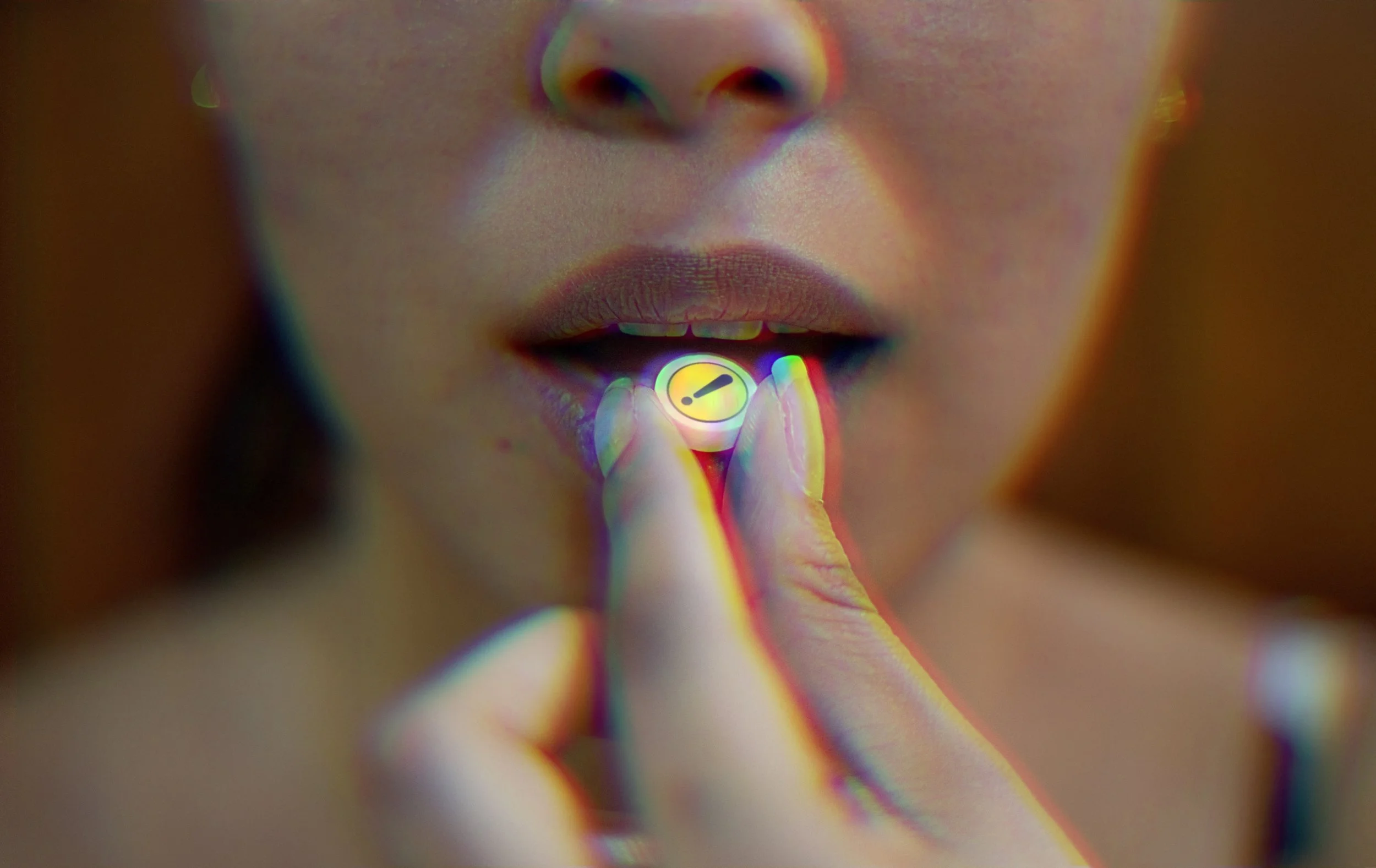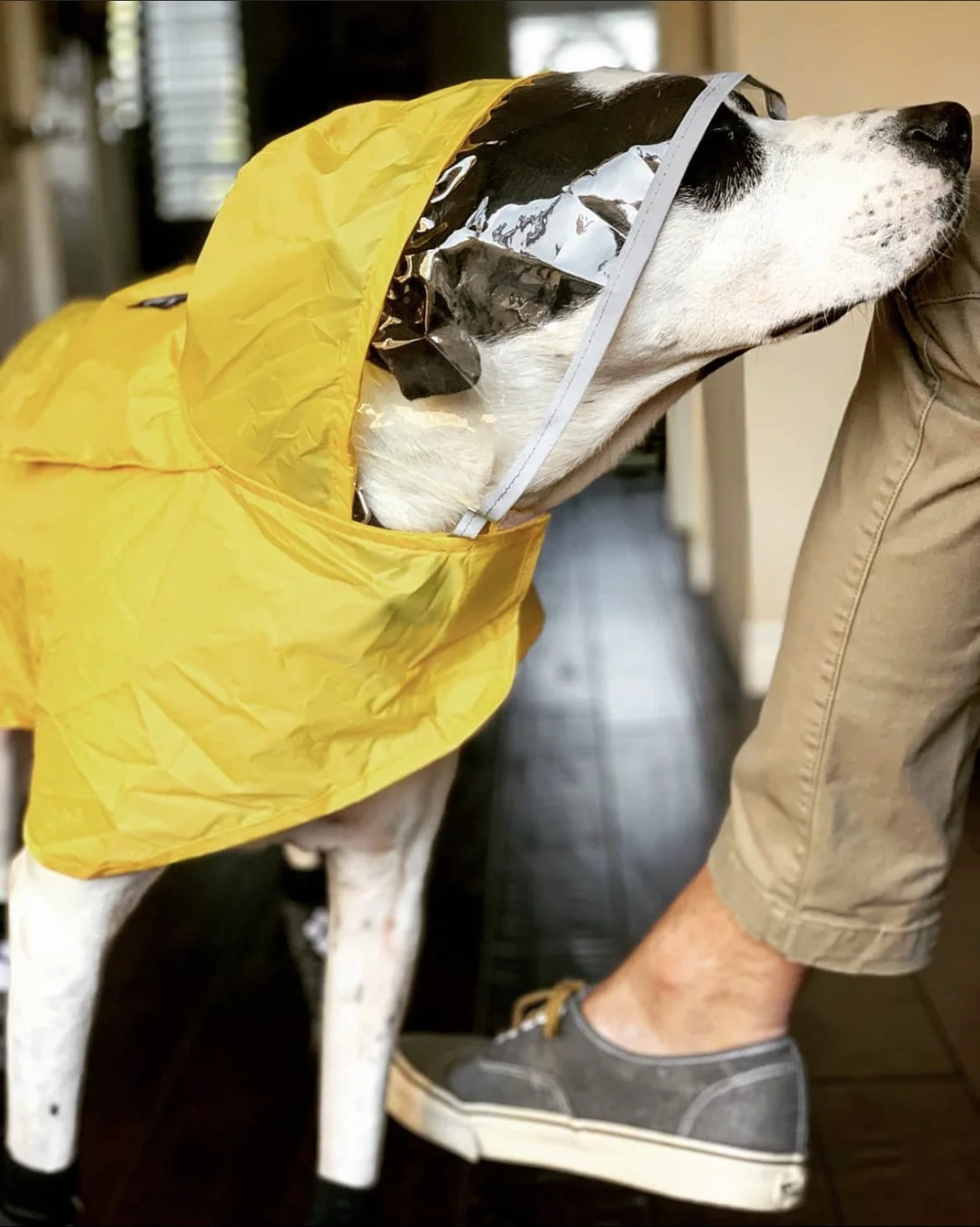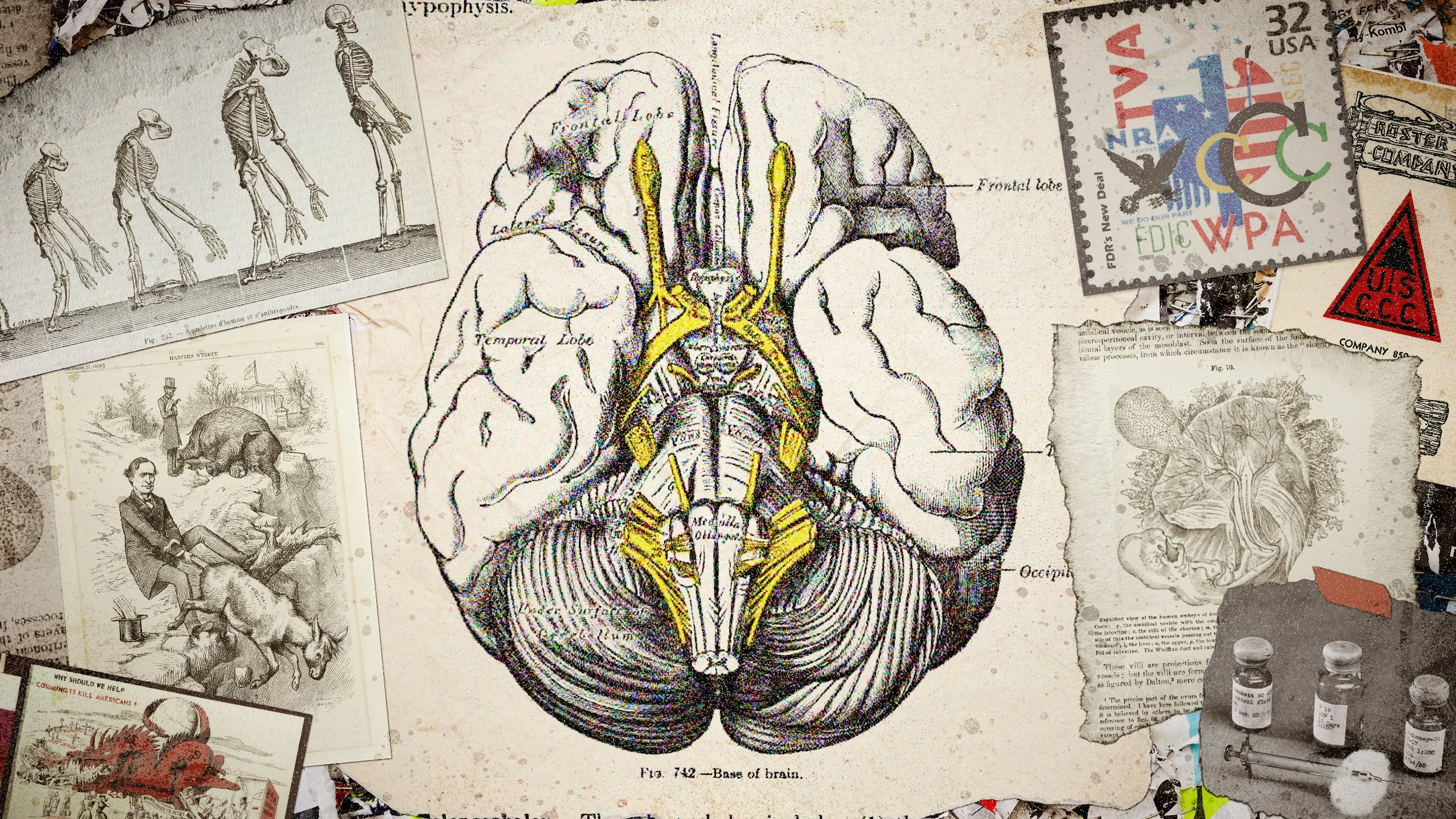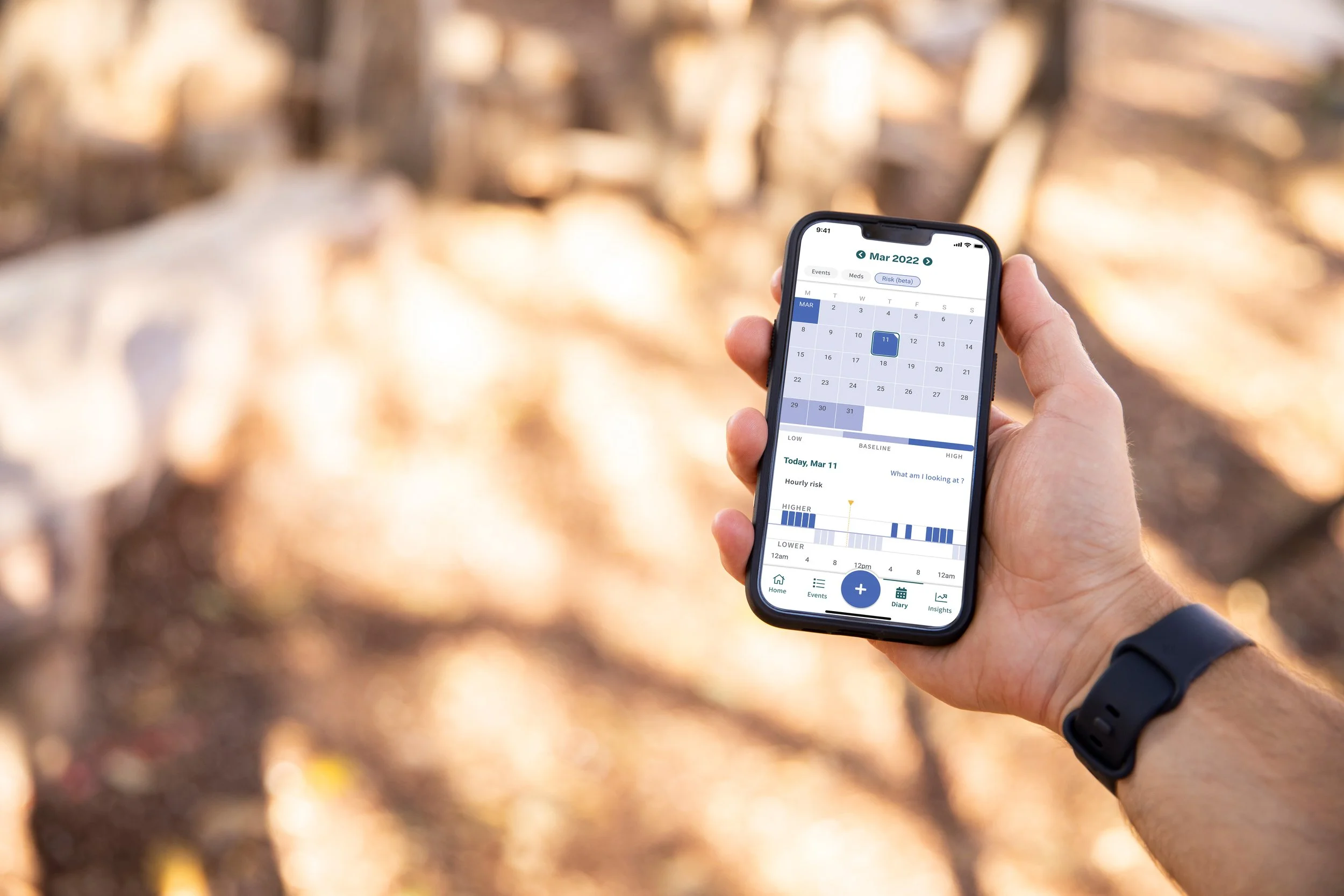The Power of Negative Belief
The science behind the nocebo effect
Image credit: Tara Holley using elements from Unsplash
by Jess Sharpe
June 21, 2023
In 1967, men in Singapore began to panic and think that their penises were shrinking after eating pork from pigs inoculated with an anti-swine-fever vaccine. Though there was absolutely no evidence of any penis shrinkage, Singapore hospitals reported treating a total of 454 men who were convinced that their manhood was disappearing.
A 1967 headline from the Singaporean newspaper, The Straits Times. Hundreds of men in Singapore falsely attributed vaccinated pork to penile shrinking. Image credit: The Straits Times.
The nocebo effect is characterized by the experience of negative outcomes due to belief. It is the newer cousin of the placebo effect, which is the phenomenon when an individual improves from a sham treatment. The nocebo effect has received renewed attention as more people in the US experience pain. A 2021 study found that pain prevalence increased by 10% between 2002 and 2018. While it’s not in question whether these symptoms are genuinely felt by individuals, “feeling” is the key word here. So far, nocebos have flown under the radar, as there isn't much known about them, and performing any clinical trial that triggers negative outcomes is considered unethical. However, recent studies have shown that individuals may be deceiving themselves.
Pharmaceutical research has found that patients may experience side effects simply by being made aware of them. However, the nocebo effect’s reach is far broader. A 2022 meta-analysis of COVID-19 vaccine clinical trials compared the frequency of adverse side effects between participants who received the active vaccine and those who received a sham vaccine. The researchers found that the nocebo effect was responsible for 76% of adverse side effects reported by trial participants. Physicians have become so acutely aware of this phenomenon that some have argued that disclosing possible side effects could be considered maleficence. Even so, the impact of the nocebo effect may have been understated in other areas of life.
The nocebo effect has raised intriguing questions about the mind-body connection. Can the body manifest physical changes based on one’s beliefs? Studies indicate that the answer is yes. Alia Crum, associate professor of psychology at Stanford University, spearheads research on the connection between mindset and health. She led a 2016 study that showed that even a bystander's comments can influence others’ physiological responses to a beverage. When participants were told they were drinking a caffeinated water product (despite it being just pure water), their blood pressure went up as if they were drinking a stimulant. However, when a bystander confided that they drank the same water and didn't feel any change, the participants’ blood pressure decreased.
The invented product and website AquaCharge Energy Water was created for the 2016 research study, “Transforming Water: Social Influence Moderates Psychological, Physiological, and Functional Response to a Placebo Product.” Researchers recorded elevated blood pressure levels in study subjects after drinking pure water labeled as caffeinated. Image credit: Gibbs Graphics (CC BY license)
If peer influence can alter our blood pressure, what other areas of our lives can be affected by external factors? The influence of media has piqued researchers’ interest due to the growing popularity of social media. In 2013, psychologists in Germany and the United Kingdom examined how the media can induce a negative health response. The researchers showed study subjects a documentary on supposed Wi-Fi health dangers and then exposed them to fake Wi-Fi signals. Even though the subjects were not exposed to any radiation, 54% reported disturbances in health.
Though the precise mechanism by which nocebos dupe the mind remains shrouded in mystery, recent discoveries offer glimpses into the puzzle. Individual variability also plays a role in the nocebo effect. A 2020 systematic review found that people with pessimistic and anxious personality traits tend to experience the nocebo effect more.
Conditioning from preconceived ideas or experiences can significantly influence how new events are experienced. Neurobiological influences, such as enhanced activity in the hypothalamic-pituitary-adrenal axis, can increase people’s anxiety when they expect pain, leading to heightened sensitivity to pain. Additionally, nocebo responses are associated with the deactivation of dopamine, the “feel-good” neurotransmitter. Decreases in dopamine can amplify negative feelings, causing a more adverse response.
The elusive workings of nocebos, the fascinating phenomena in which negative expectations manifest as physical or emotional distress, continue to intrigue researchers. Beliefs and expectations can shape people’s physical and emotional responses, sometimes to their detriment. As researchers delve deeper into the intricacies of nocebos, their potential implications for health care and well-being remain both tantalizing and troubling, beckoning scientists to unravel their secrets and grasp their power.
Jess Sharpe
Jess Sharpe is a research scientist turned science writer with a master’s degree in environmental science. She spent time working on a Ph.D. in public health before pivoting to writing. She is currently a graduate student in the Johns Hopkins University Science Writing Program. In her spare time, she can be found running through the Rocky Mountains or working on her podcast, Atomic Adventures, with her science-loving son.
Senior Editor: Armi Rowe
Art Editor: Tara Holley
Copy Editor: Christopher Graber
Layout Editor: Rachel Lense












